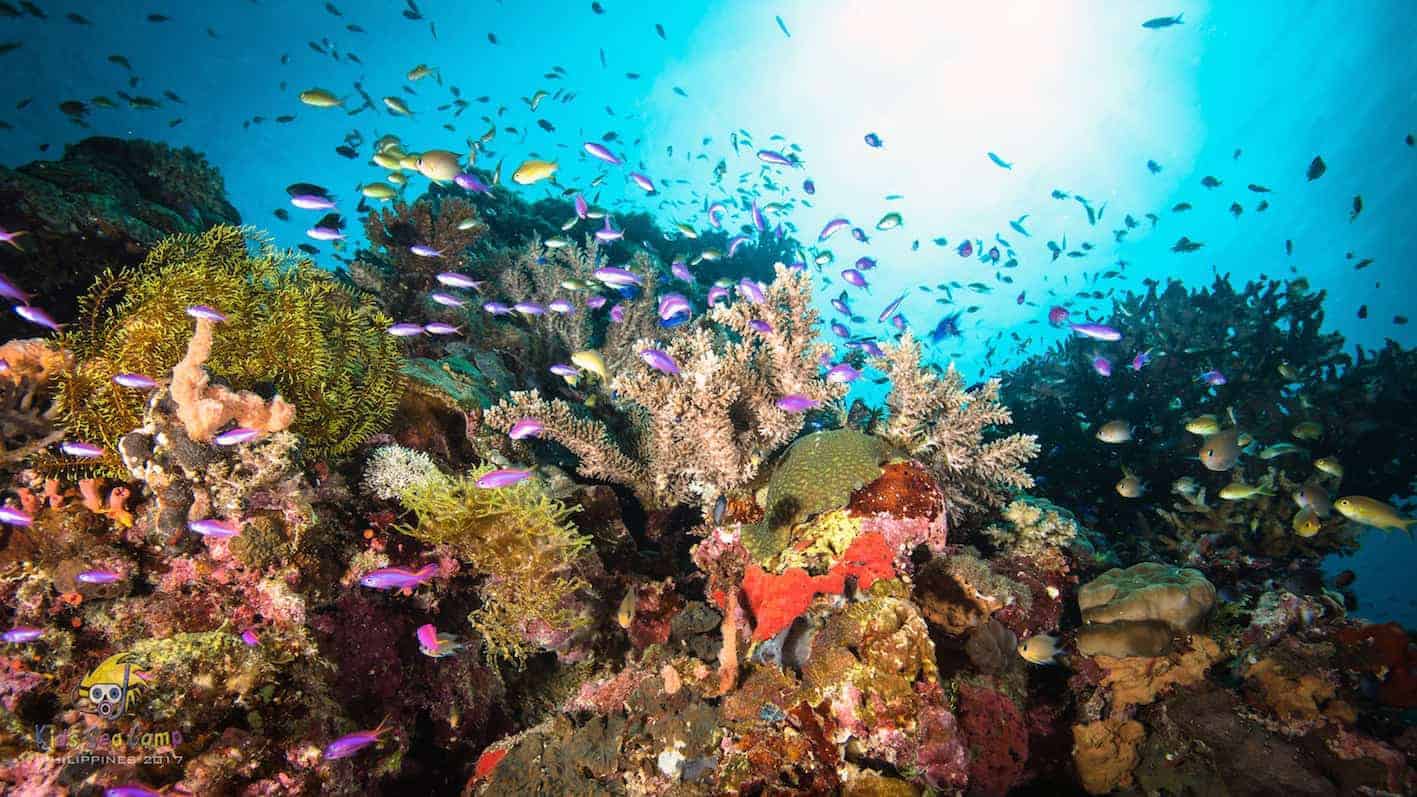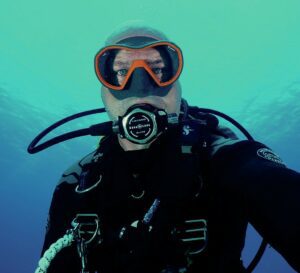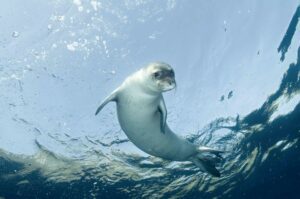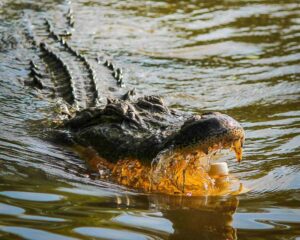“As a bee gathering nectar does not harm or disturb the colour and fragrance of the flower; so do the wise move through the world” – Buddha
The quote from Buddha can be viewed from many perspectives. I view the saying as simply do no harm as you walk through this journey called life. Do not disturb the essence of life. As with most articles I write, the idea is simple, the practice is hard.
So many thoughts and emotions get in the way of seeing the flower for what it is and allowing it to just be. Naturally, most people want to cut the flower, put it in a vase and bring it to a loved one.
A wise person would bring the loved one to the flower and let it continue through its life cycle.
An even-wiser person would build a flower garden so the colour and fragrance overwhelms the senses and the mere thought of any disturbance would be criminal.
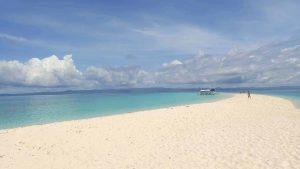
Do not harm. So how does this pertain to us divers and climate change? The quote really could be a mantra for managing the human existence on Earth. Drink from the nectar of this wonderful world, but do not destroy the garden the planet creates.
We divers can be paradoxical of thoughtfulness and mindless neglect. How often do your fins accidentally come into contact with the reef? How many resorts still use bottled water without a valid means of recycling? How many divers still eat fish that are on the brink of extinction on a sushi night out?
Mindfulness is a moment-to-moment practice key to Zen. For us divers, you could say a dive is a Zen metaphor; living one breath, one bubble at a time. But what the hell does this have to do with climate change? Well, build your garden of flowers and enjoy the fragrance but do not disturb the blossom’s essence.
But how? How can divers worry about climate change even though we have some mindless practices that we know are affecting our planet? Well, we change – one bubble at a time and one day at a time. You can’t change your practice without goals.
Here are 10 tips that can minimise your effect on our oceans:
- Eat less fish and more veggies. I know this is a tough one, but reducing your consumption of any kind of meat is better for the planet. Plus, eating more veggies reduces blood pressure, cholesterol and the chance of diabetes. That’s right, not only is it good for the planet, it’s good for you!
- Buy locally grown food. Takes a lot less energy to get it to market.
- Reduce your use of plastics – get cloth grocery bags instead of the store's plastic, get reusable glass water bottles instead of plastic ones.
- Recycle everything you can – glass, paper, cardboard, metal and, of course, plastic. Here’s the real key, make sure everyone buys into it – our company has a goal to be paperless by the end of 2018. And every member of our household recycles.
- Plant trees (duh, right?) But be sure they are native to the area you live.
- Transportation (another duh) – ride a bike or walk as much as you can.
- Replace your current home appliances (refrigerator, washing machine, dishwasher) with a high-efficiency model.
- Support coral-reef restoration at every resort. That means give them your money, your time, or both.
- Pick island destinations where they practice healthy reef protection. Bonaire has a national marine park around the entire island. Palau is one of the first countries in the world to ban shark finning. The Philippines has more than 700 marine sanctuaries, including Apo Island.
- When flying, try to always fly direct. Planes use a lot of fuel taking off and landing.
Simple answer: Be the bee and don’t kill the nectar-producing flower we all need to survive.
